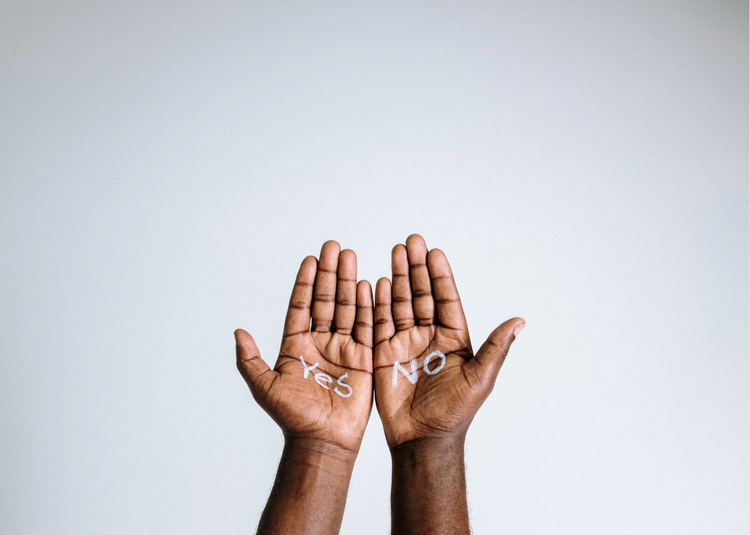Guiding Clients Through Relocation and Cultural Adjustments

Relocation is never just about moving. It may start with flights and packing lists, shipping quotes and real estate searches—but that’s only the surface. What actually gets disrupted is our sense of self. Who we are without our familiar grocery store, our friends down the street, our morning walk, our native tongue. The deeper truth is this: relocation is an identity event. And like any identity shift, it comes with uncertainty, discomfort, and a rare chance to make new choices.
As a coach, I’ve walked alongside people as they move across cities, countries, and cultures. I’ve seen how even planned, exciting relocations can leave someone feeling unmoored. The external logistics are complex, yes, but it’s the emotional terrain that often catches people off guard. A high-achieving founder suddenly feels invisible at the school gate. A seasoned executive stumbles through language basics and wonders if her confidence was only contextual. A parent lies awake at night wondering whether the kids will ever feel at home.
But what I remind my clients—and myself—is that within every relocation is an invitation. It’s not just about rebuilding. It’s about reimagining. This is where curiosity becomes essential, and where the practice of intentional choice can serve as both compass and anchor.
The Curiosity Lens
Curiosity is what keeps us open when things feel strange or overwhelming. In a new environment, it's easy to slip into comparison. Street signs look unfamiliar. Humor doesn’t land the same way. People may interpret your tone or gestures through a cultural lens you hadn’t anticipated. It’s tempting to contract, to judge, or to cling to what used to work.
When we coach for curiosity, we practice noticing without labeling. Instead of “Why do they do it like this?” we might ask, “What am I learning here?” That shift opens up space to stay engaged, even when things feel disorienting.
I often ask clients:
- What do you find yourself paying closer attention to here?
- What assumptions are being challenged?
- What’s surprising about your own reactions?
These questions invite reflection. They also highlight how much of our past behavior was shaped by cultural norms we didn’t think to question. That awareness alone can be transformative.
When Everything Is New, Start With You
Relocation clears the slate. That’s part of what makes it so destabilizing—and also so full of possibility. Without old roles and routines, you get to decide again who you want to be.
One client, a senior engineer who relocated from Toronto to Barcelona, rediscovered her creative self. “At home, I was the person people came to for deadlines and answers. Here, I’m just a person walking slowly through a new city, sketchbook in hand.” There was no dramatic reinvention, just a quiet reclaiming of something that had long been set aside.
You don’t need to move across the world to access this kind of clarity, but relocation gives you a unique window into it. Stripped of your usual reference points, you start to see what habits were really serving you, and which ones were just legacy behavior.
Practicing Choice With Intention
When everything feels uncertain, it’s easy to default to survival mode. Just get through the week. Just unpack the next box. But that kind of automatic living rarely leads to a meaningful sense of home.
In my coaching work, I help clients pause and ask: What are you choosing right now? Not in the big-picture sense, but in the daily rhythm. Are you choosing how you spend your time? Are you choosing how you relate to the new place, or are you reacting to it?
Intentional choice is a muscle. The more we practice, the stronger it gets. Here are a few ways I invite clients to explore it:
- Community: Who are the people you’re drawn to here? Are you rushing to find your “people,” or allowing yourself to be surprised by new types of connection?
- Routines: What rhythms help you feel anchored? Even one small ritual—like walking to the same café every morning—can create a sense of familiarity.
- Identity: Are you carrying forward an old role out of habit? What would it feel like to try on a new one, even temporarily?
- Belonging: What does it mean to feel at home in this place? Is it about being recognized, understood, mirrored, or something else entirely?
Each of these questions helps widen the space between stimulus and response, which is where choice lives.
Grieving the Old While Welcoming the New
There’s often grief tucked into the corners of a move. Missing a park bench you sat on every Sunday. Missing the ease of a language you didn’t have to translate in your head. Missing the version of yourself that didn’t feel like a stranger.
These are quiet losses, but they’re real. They deserve acknowledgment. In session, we make room for the sadness. Not because anything is wrong, but because loss is part of the landscape.
I use mindfulness and somatic practices to help clients regulate through these moments. Naming what’s being felt. Letting the body catch up to the pace of change. Reminding ourselves that grief doesn’t mean something bad has happened. It just means something meaningful did.
Identity in Motion
Relocation often brings identity questions to the surface. Who am I in this new place? Do I fit? Am I still the same person when no one knows my story?
This is especially complex for clients navigating cross-cultural dynamics or returning to countries they once called home. The tension between past and present can be both disorienting and clarifying.
In coaching, we don’t rush to resolve those questions. We hold them. We explore values, revisit formative experiences, and practice giving voice to the in-between places. The goal isn’t to land in a fixed identity. It’s to develop a flexible, self-authored one.
You begin to learn how to introduce yourself again—not just with your name and title, but with your full presence.
Final Thoughts
Relocation isn’t just a logistical puzzle. It’s a relational and emotional shift. It brings up old fears and new opportunities. It exposes patterns and invites change. And at its best, it reminds us that home is something we create, not just something we inherit.
If you’re navigating a move or guiding someone through one, remember that transitions take time. What helps most is a mindset of curiosity and a commitment to conscious choice. The more we can stay awake to what’s unfolding, the more agency we reclaim.
You don’t have to get it perfect. You just have to stay in conversation—with your environment, with your feelings, and most of all, with yourself.




